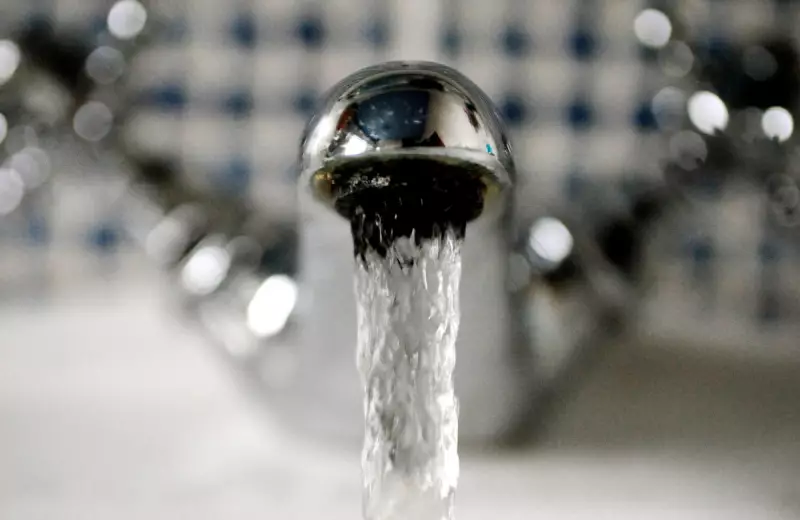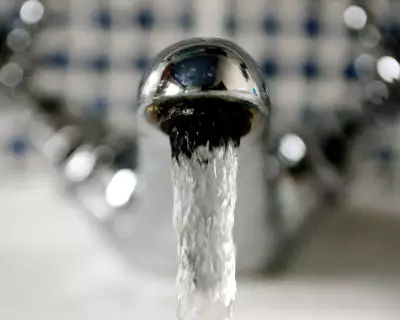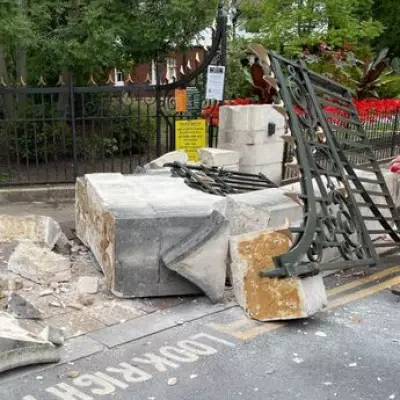
Water companies across England are seeking permission to charge customers twice for the same infrastructure work needed to tackle the country's escalating sewage crisis, according to legal arguments presented at the High Court.
The controversial proposal from water regulator Ofwat would allow utility firms to bill households both now and in the future for essential upgrades to sewer systems that should have been maintained using existing customer payments.
Legal battle over 'double charging'
Environmental campaign group Wild Justice has launched a judicial review challenging Ofwat's new guidance, which they argue creates a "get out of jail free card" for water companies that have failed to maintain infrastructure despite collecting billions in customer payments.
The case centres on whether Ofwat can permit water firms to use a mechanism called "reconciliation adjustments" to recover additional costs from customers for work that should have been funded through regular bills.
The sewage scandal background
England's water companies have faced mounting criticism over:
- Raw sewage discharges into rivers and coastal waters
- Failing infrastructure and inadequate investment
- Paying substantial dividends to shareholders while pollution continues
- Executive bonuses despite environmental performance failures
Recent data reveals that sewage spills into England's rivers and seas have reached record levels, with many popular swimming spots contaminated by untreated waste.
What the legal challenge means for billpayers
If Ofwat's guidance stands, households could face:
- Immediate bill increases to fund overdue infrastructure repairs
- Additional future charges for the same work through regulatory mechanisms
- Effectively paying twice for essential maintenance that should have occurred years ago
Wild Justice argues this approach "rewards failure" and allows water companies to profit from their own neglect of environmental responsibilities.
Industry and regulatory response
Water UK, representing the industry, maintains that substantial investment is needed to address historical underinvestment in infrastructure, claiming current bills don't cover the scale of improvement required.
Ofwat defends its position by stating that the guidance provides a balanced approach to funding essential environmental improvements while protecting customers from unreasonable bill increases.
The High Court's decision, expected in the coming months, could have far-reaching implications for how England's water crisis is funded and who ultimately pays for decades of underinvestment in critical infrastructure.





